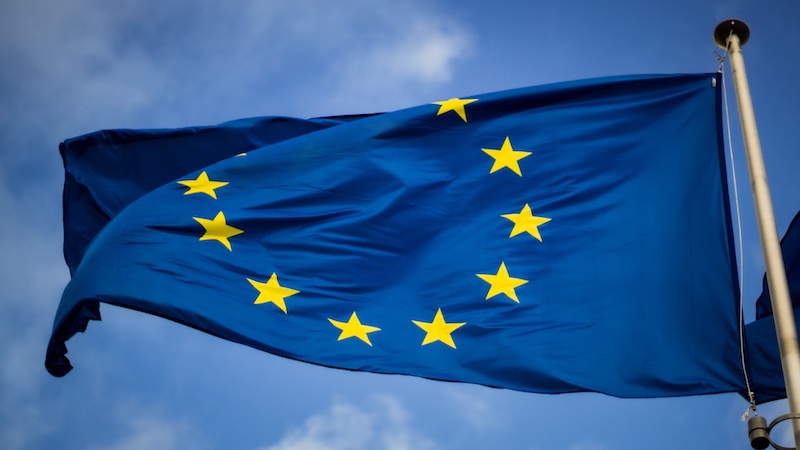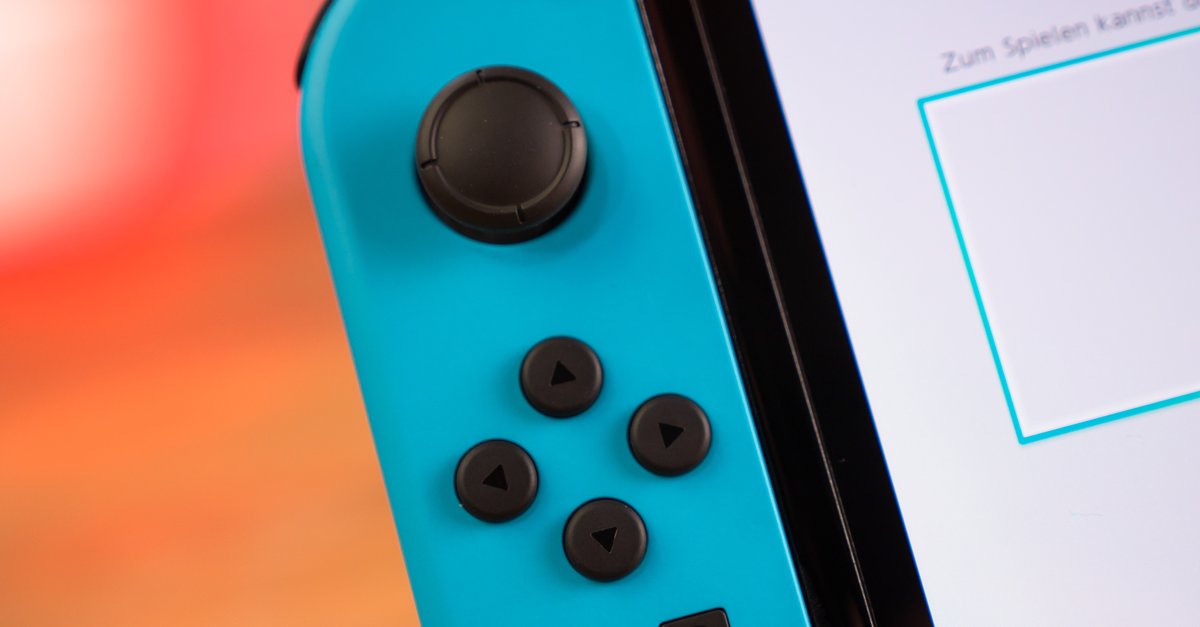EU talent pool to make it easier for refugees from Ukraine to look for a job
The European Commission wants to give refugees from Ukraine better support when looking for a job online. To this end, she has started the so-called EU talent pool, where people seeking protection can upload their CVs.
The EU Commission has a new job portal brought to life. Above all, refugees from Ukraine are to be given access to the labor market in the EU in the future.
With the so-called EU talent pool, the EU Commission wants to demonstrate its “continued solidarity with Ukraine”, explains Nicolas Schmit, EU Commissioner for Employment, Social Affairs and Integration.
It is our common duty to give them as much support as possible to help them start a new life in the EU.
Because it is a tragedy that many people are forced to leave their homes.
Finding a good job means financial independence and enables better social integration.
How does the EU talent pool work?
The pilot project, run by the EU Commission and the European Labor Authority, will allow job seekers to upload their CV to the EU talent pool after completing their registration.
More than 4,000 employers, public employment services and private employment agencies can then access the profiles.
Meanwhile, the EU talent pool is based on the EURES portal of the European Labor Authority. The site is available in English, Ukrainian and Russian and contains more than three million job vacancies.
A “rapid and effective integration into the labor market” is particularly important for war refugees. This is how they could “build a new life”, according to the announcement by the EU Commission.
Who can use the job portal?
The job portal is open to all job seekers as long as they are under temporary protection under the relevant EU directive. In addition to the right of residence, this grants them access to housing, schools and health care. But the right to work is also covered by the temporary protection.
The member states of the European Union can voluntarily participate in the pilot project. are current including Finland, Spain and Poland involved in the initiative.
Also interesting:



